Black Spot
forflowers
19 years ago
Related Stories

BATHROOM DESIGNSpotted: Refrigerators in the Bathroom
You read that right. Before you protest, here are seven good reasons why people are chilling in the bath
Full Story
HOUSEKEEPINGOut, Darn Spot! Tips for Removing Carpet Stains
Know the right solutions and when to use them to prevent stains from pets, soda, chocolate, blood and more
Full Story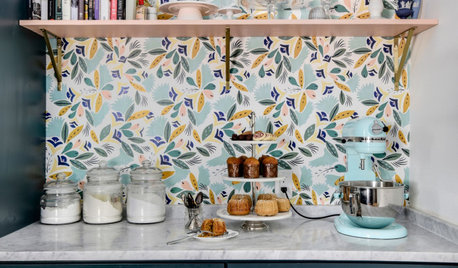
KITCHEN DESIGN12 Items Worth a Spot on Your Kitchen Counter
Keep these useful tools and accessories out in the open to maintain high function without spoiling the view
Full Story
HOUZZ TOURSMy Houzz: Color Hits the Spot in a White-on-White Scheme
Bright red furniture strikes a dramatic pose against snowy walls and floors in a Montreal loft
Full Story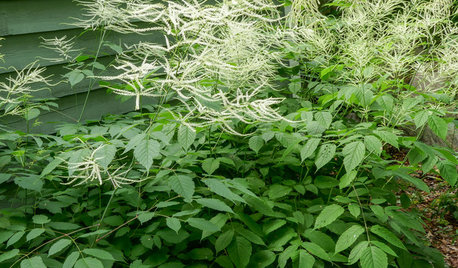
FLOWERS AND PLANTSAruncus Dioicus Is a Stately Plant for Shady, Moist Garden Spots
Plant goat’s beard in perennial and woodland gardens. Its large white spring blooms attract bees, beetles and butterflies
Full Story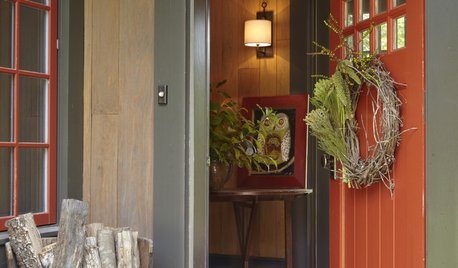
HOLIDAYS12 Home Hot Spots for Holiday Decorating
Deck these areas with garlands, lights and other seasonal decorations, and watch a festive mood take hold
Full Story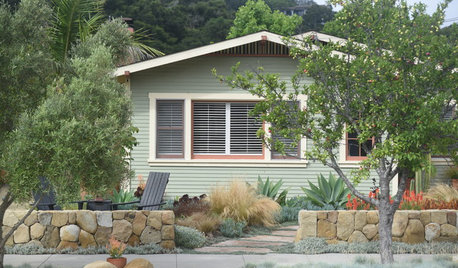
LANDSCAPE DESIGNHow and What to Plant in Dry, Sunny Spots
Save water and improve your site’s look with these design tips and help from a pro
Full Story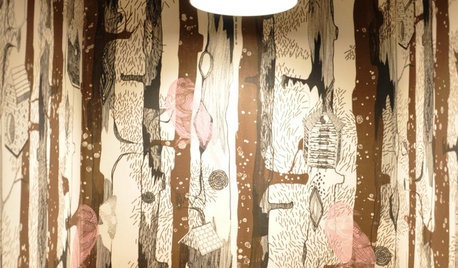
DECORATING GUIDESCool Wallpaper Spotted: Wait, No It's Fabric!
Woodsy-modern pattern adds whimsy and color to a baby-friendly bathroom
Full Story
COLORGet a Soft Spot for Sea-Glass Green
Soften a room's look by washing its walls in this delightfully airy shade, no sand in your shoes required
Full StoryMore Discussions







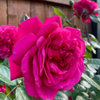
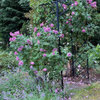
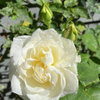
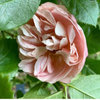
User
Kimmsr
Related Professionals
Deer Park Landscape Architects & Landscape Designers · Ilchester Landscape Architects & Landscape Designers · West Chester Landscape Architects & Landscape Designers · Woodinville Landscape Architects & Landscape Designers · Roxbury Crossing Landscape Architects & Landscape Designers · Goodyear Landscape Contractors · Wilmington Landscape Contractors · Brooklyn Park Landscape Contractors · Fort Hunt Landscape Contractors · Goodlettsville Landscape Contractors · Sammamish Landscape Contractors · Santa Maria Landscape Contractors · St. Louis Landscape Contractors · Tinton Falls Landscape Contractors · 07920 Landscape Contractorsejillparker
User
JenniferSomogyi
threeducks
Kimmsr
threeducks
Kimmsr
patricianat
destany
henry_kuska
bugbite
Xochitl10
JAYK
ramblinrosez7b
sharons2
User
lavenderkitty
Victoria
diane_nj 6b/7a
dandyliondancer
novice_2009
Lalakids2000_yahoo_com